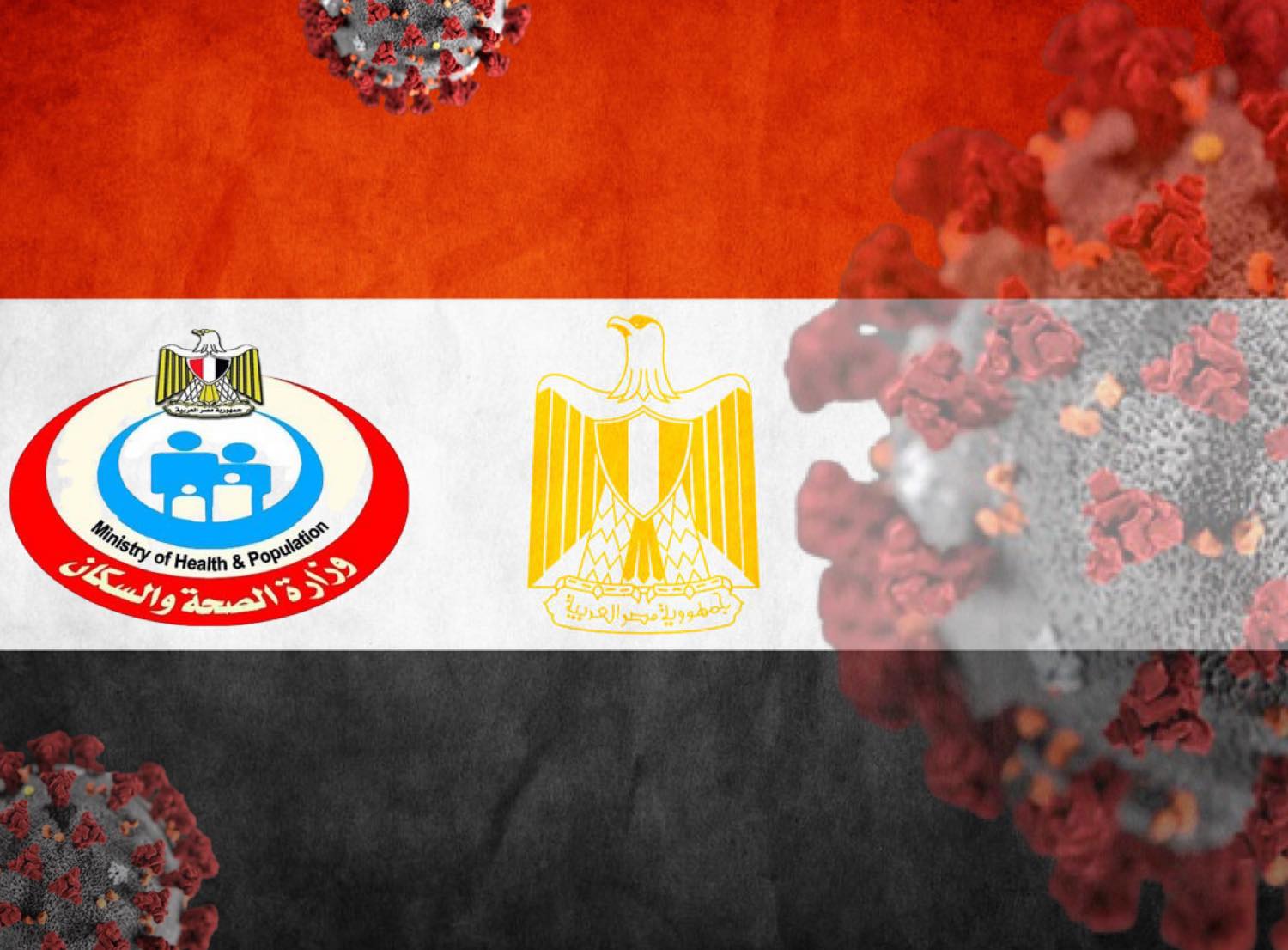A state of anxiety and fear is afflicting Egyptian citizens and health officials after news of the start of the second wave of coronavirus and the emergence of new symptoms that attack the digestive system.Some specialists have talked about the emergence of a new strain of the COVID-19 virus that infects the stomach and causes the injured to vomit and have severe diarrhea that leads to dehydration.
Dr. Maysa Shawky, Professor of Public Health at the Faculty of Medicine, Cairo University, said in a media interview that a new strain of coronavirus has already appeared in Egypt. Shawky warned against using toilets without cleaning them and disinfecting them. She explained that the virus is still present, and there must be awareness and caution to avoid transmission. She called on everyone who suffers from a cough or high temperature to wear a mask constantly, even inside the house.
Dr. Shaima Hamdi from al-Matareya Hospital said that the symptoms that appeared attacking the digestive system were the same as those that were infected with the first wave of the virus. She added that Egypt had not entered a second wave of the coronavirus, stressing that the second wave differs from one country to another.
New breed
The talk about the emergence of a new strain of coronavirus in Egypt comes after the number of people infected with the virus approached 100,000 inside Egypt. According to media statements made by Dr. Amjad al-Haddad, Director of the Centre for Allergy and Immunology with Serum and Vaccine, there are two strains of coronavirus in Egypt but they are less dangerous than the rest of the world. Al-Haddad explained that in the case of viruses like SARS and corona it is not easy to find a vaccine quickly due to the fact that these viruses mutate.
Dr. Gehan al-Assal, Vice-President of the Scientific Committee to Combat the Coronavirus at the Ministry of Health, revealed two strains of the virus in Egypt, which were identified through tests conducted for patients to ensure that they are infected. During a press interview, she explained that those infected with the first strain differ from those of the second in terms of symptoms, severity of the virus, and the extent of its effect on humans. Gehan pointed out that no one can determine infection with any of the two strains except by taking a sample from the patient, analysing it, understanding its source, and watching the results on the patient. There are cases between mild to severe depending on the type of virus.
For nearly nine months more than one strain of coronavirus was discovered worldwide, making it difficult for scientists to uncover the caches of the deadly COVID-19. A few days ago, the World Health Organisation issued a recommendation that study is carried out online, at a time when the features of the study return plan prepared by the Ministry of Education in Egypt included the necessity to attend. The plan included attendance, even for two days a week, in light of measures to reduce overcrowding and distribute school levels on different days of the week.
However, the recommendation of the World Health Organisation raised doubts about the possibility of returning to study in Egypt in light of the corona pandemic, especially since this September was the expected start date for the school return before it was postponed to next October. For his part, Muhammad Awad Tajuddin, Advisor to the President of the Republic for Health and Prevention Affairs, said that the World Health Organisation’s warning against returning schools is not binding, and every country can deal according to its circumstances and capabilities.
Dr. Kamal Mogheeth, an expert at the Educational Research Centre, said that the solution proposed by the World Health Organisation on online education is a solution that has no meaning in light of a poor education system and with low-income families such as Egyptian families. He asked in press statements what per cent of people have a computer and the internet, and how much it is for them to subscribe to a monthly internet package.





Recent Comments